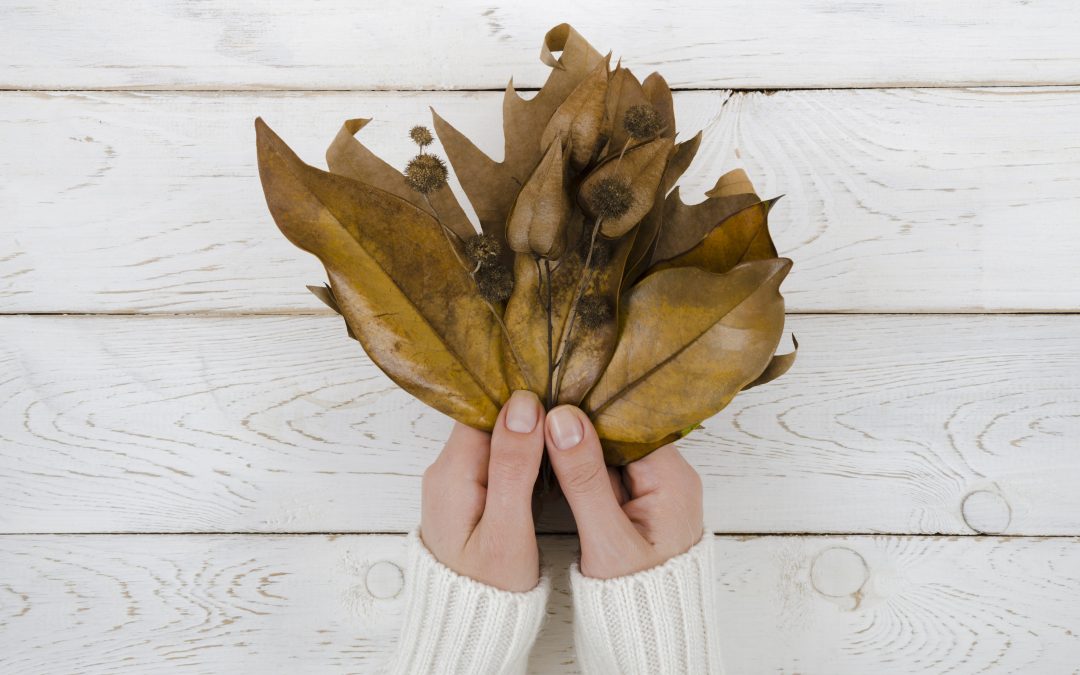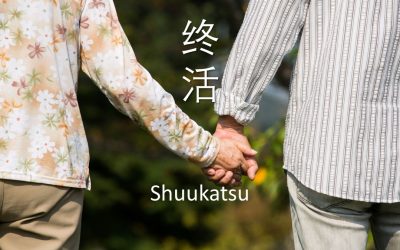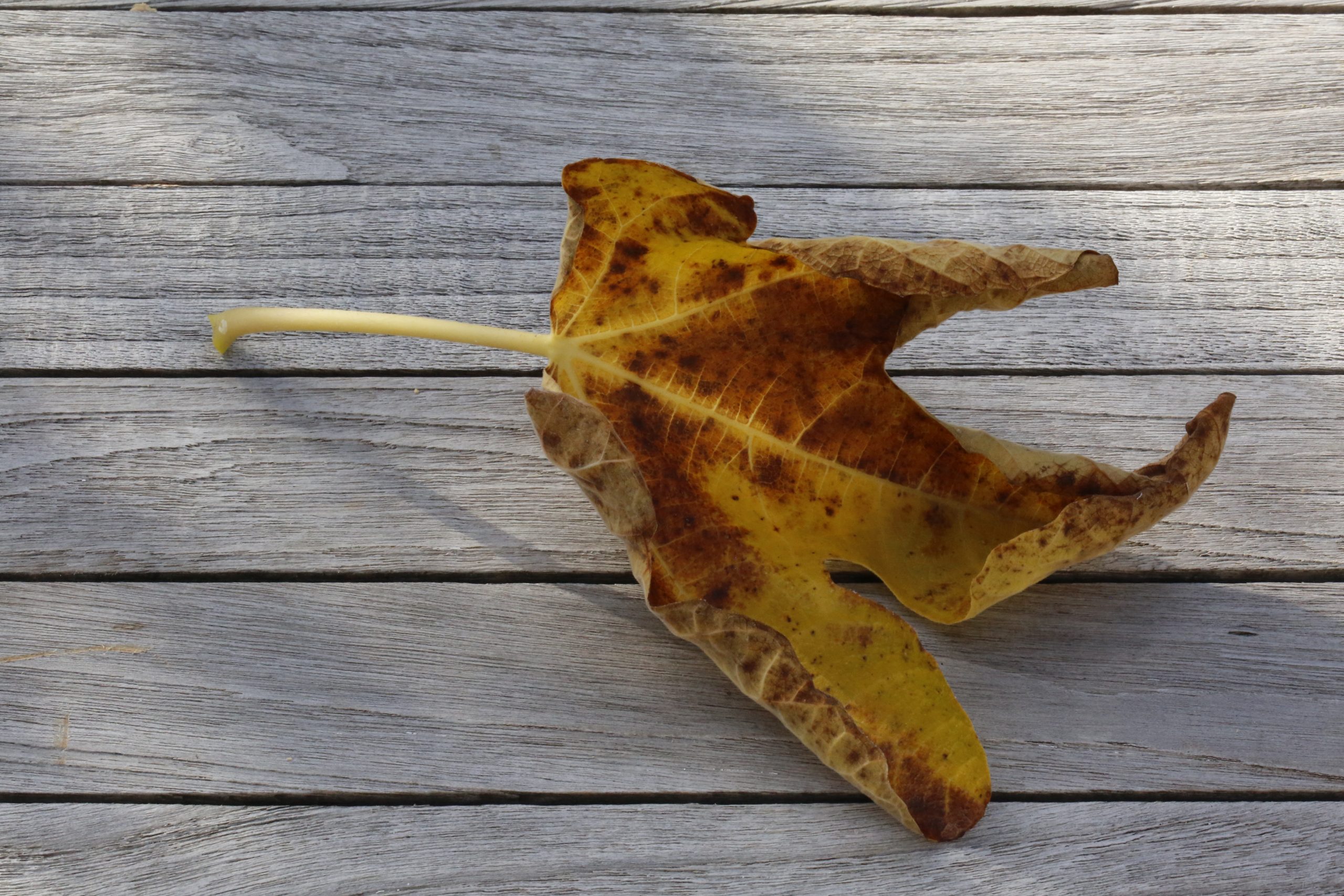
From the moment we are born, our journey in life begins with learning—learning how to survive and thrive on this Earth. From drinking milk as an infant, turning over, crawling, and walking, to studying, making friends, and organising activities, and eventually working and engaging in social interactions—we are constantly learning how to live better. Many teach us how to live and make peace with the world, but no one actually teaches us how to be ready for the day when we have to leave it. How do we prepare for that eventuality?
Amid the daily grind of life, when a major event suddenly occurs, it’s natural to feel anxiety and lost, not knowing which direction to take. Similarly, facing the final chapter of life is a permanent farewell to this world. When we encounter death, whether it’s our own or a loved one’s, it’s often for the first—and last—time. Does ignoring or avoiding conversations about death make it less likely to happen?
We are all beginners when it comes to the end of life, especially our own. If more people in society learn about end-of-life or hospice care, it can benefit everyone. For instance, if life reaches an irreversible stage, how would you want to spend your final moments? Would you simply wait for the inevitable, or would you make the most of the time you have left? If we accept that life is a journey towards death from the moment we are born, how would we prepare to say goodbye?
In our society, there are professional care centres, will-making services, and even comprehensive funeral planning packages that allow us to prepare for the future. How do we want to be cared for when we are no longer able to care for ourselves? How can we ensure a comfortable and dignified existence without burdening others? All of these things can be planned out while we are still healthy.
A friend recently shared that, after the pandemic, they realized how little they actually needed. They decided to downscale their business ventures and make arrangements for their twilight years, including considering palliative and hospice care if they were ever diagnosed with an irreversible illness.
Hospice care is often misunderstood as “giving up treatment.” I prefer to call it “choosing” palliative care or end-of-life support. It encompasses two main aspects: symptom management through medical care and emotional support through end-of-life companionship. For terminal patients, controlling symptoms and managing pain are critical. Comprehensive support often includes social workers, clergy, volunteers, and psychologists who provide assistance and solace to both patients and their families.
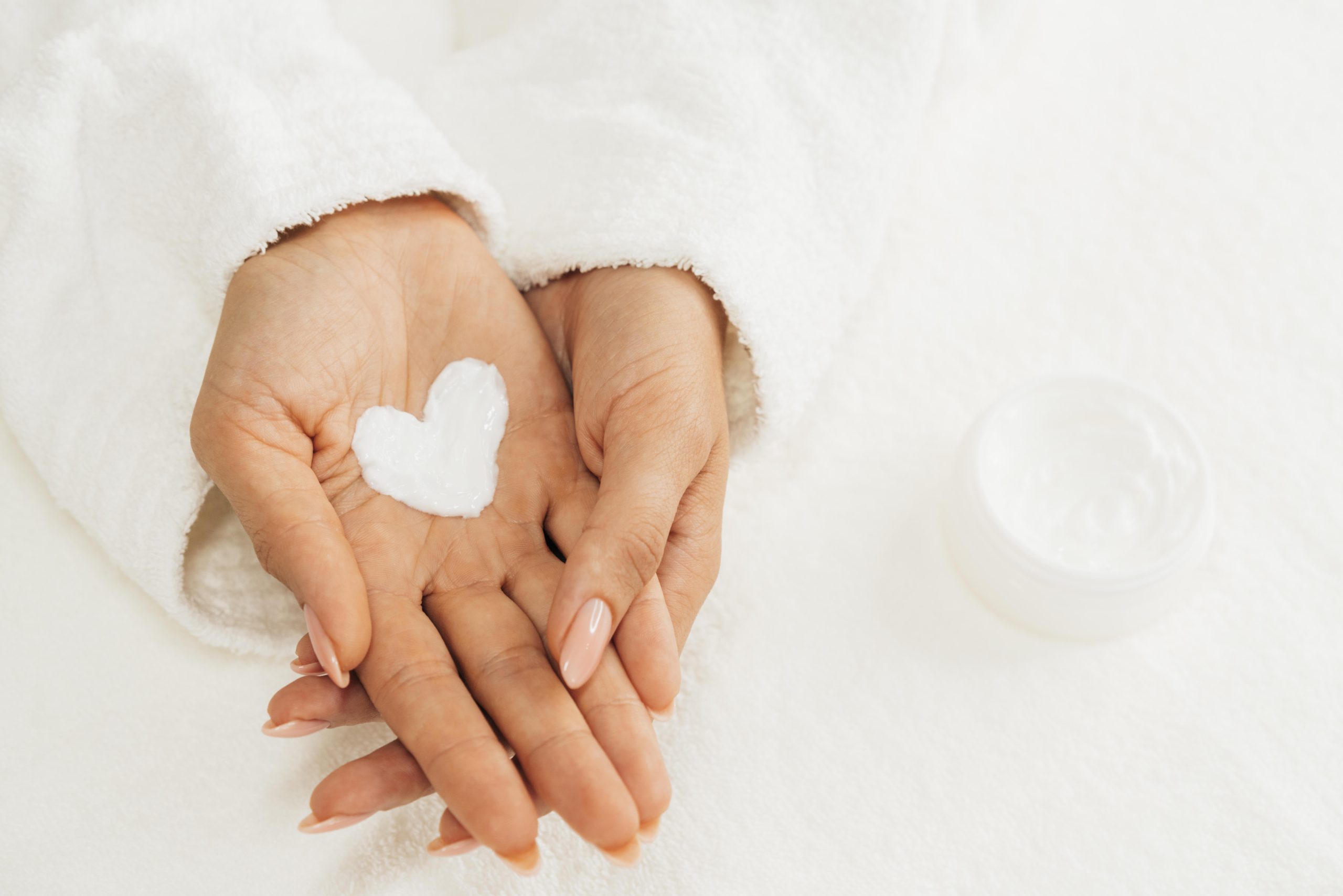
Hospice care serves as a midway rest stop, especially for terminal cancer patients, helping them prepare for their final journey. It also provides an opportunity for families to express gratitude, seek forgiveness, share love, and bid farewell. When one family member falls ill, everyone in the household is affected. A negative medical diagnosis often hits like a bolt from the blue; some even see it as a “fall from heaven to hell.” Hospice care not only supports the patient but also the caregivers, offering them much-needed respite.
In Malaysia, organizations like Hospice Malaysia, Kasih Hospice, and Kuching Life Care provide services to terminal patients and their families. For children, the Malaysian Association of Paediatric Palliative Care (MAPPAC) focuses on alleviating symptoms and supporting caregivers. Volunteers trained by such organizations often help with tasks like bathing and grooming, ensuring that patients can maintain their dignity even in their most vulnerable moments.
Imagine how you would feel after three days without bathing or a week without washing your hair. Patients confined to bed often suffer more discomfort due to lack of personal care. While these organisations can’t yet cover all areas of Malaysia, their efforts are gradually making a difference through greater awareness which directly leads to greater participation from the public.
Recently, during a dinner with friends, the topic of healthcare choices came up. I jokingly asked, “Have you written your will?” A friend replied, “I think about it often but haven’t acted on it.” My advice: act on it now. A will isn’t just about distributing assets—it’s about making decisions regarding medical care, funeral arrangements, and other essential matters. These may seem like trivial details but are actually very important. It’s not like we are able to get up to object to what the living decides for us while we are lying in a hearse.
When life reaches its end, are you ready to say goodbye?
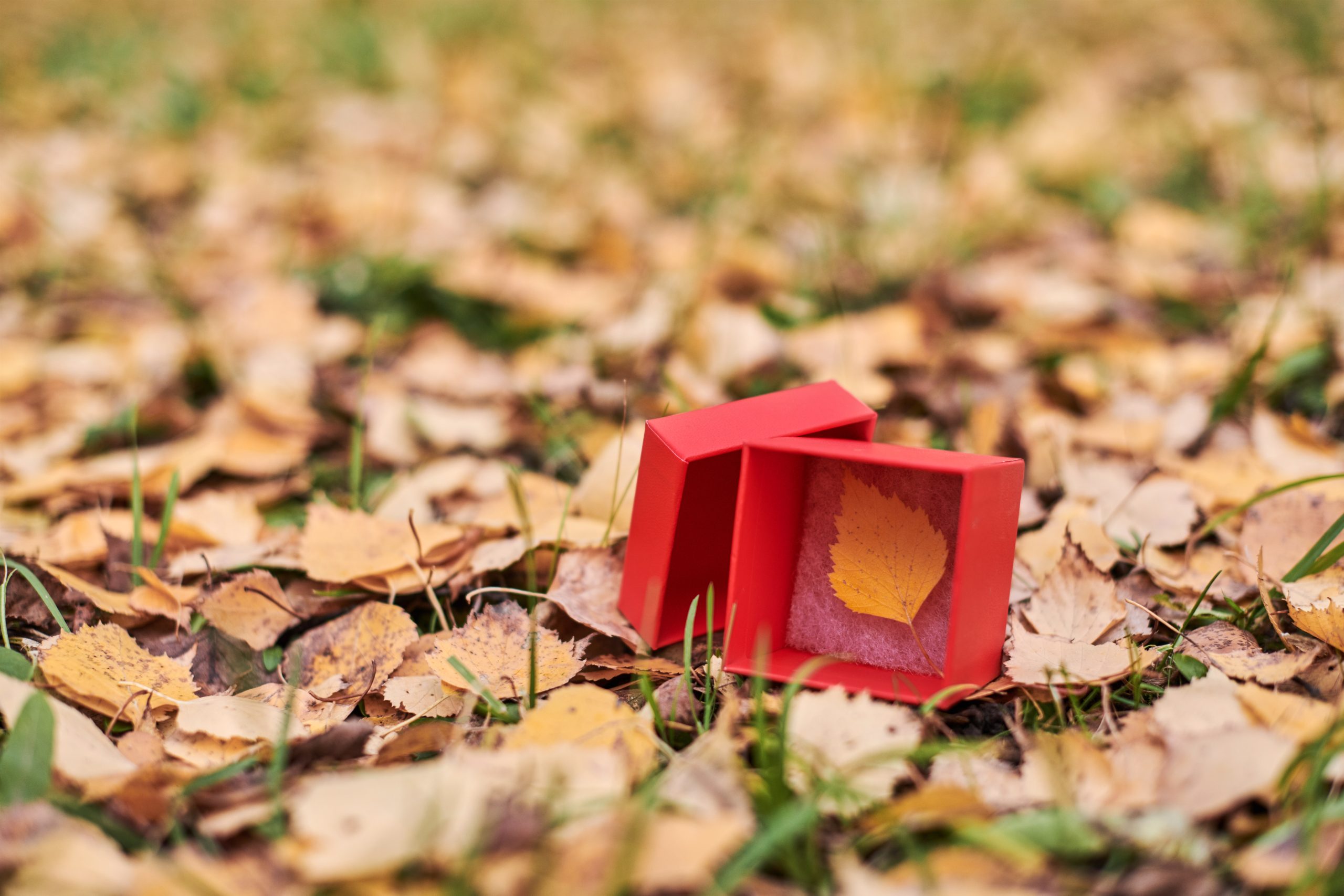
Nirvana Care Grief Care Department
Nirvana Care’s Grief Care Department provides hospice, bereavement and loss care counselling services. Appointments for individual loss and grief counselling, group support and life education outreach can be made at griefcare@nvasia.com.my or by calling 010-9896954 during office hours, from Monday to Friday, 10am to 5pm (except for weekends and public holidays).
Author’s Profile
Nai Seow Hong has a Master’s Degree in Thanatology and Health Counselling from the National Taipei University of Nursing and Health Sciences, specialising in thanatology, life education, hospice care and loss care.
Malaysia Multi-racial Farewell Ceremonies
Malaysia is a multi-racial country, with the main ethnic groups being Malay, Chinese and Indian. For the ethnic Chinese, there are various religious funeral rites such as Buddhist, Taoist and Christian, and Islamic and Hindu rites for the other ethnic groups. Different ethnic groups and religions have different cultural practices, religious ideologies, beliefs and values, making Malaysia’s funeral culture appear diverse in many ways.
Ancestral Tablet
The ancestral tablet is also called “soul tablet”, “spirit tablet”, “soul seat” and others. In Buddhism, it is called “lotus dais” or “lotus seat”. It is generally used as a temporary seat for the soul of the departed to reside, and convenience for the family members, relatives and friends to pay their respects.
shuukatsu
Shuukatsu / Translated by Colin Kuan The term “shuukatsu” has become a popular buzzword in recent years. What then is “shuukatsu”? Shuukatsu originated from Japan. According to the United Nation’s 2019 Revision of World Population Prospects, the most important...
Information for Malaysians | What to do when a loved one dies
Information for Malaysians What to do when a loved one diesThe loss of a loved one is an inevitable life experience for everyone as we grow up, but we must always be brave enough to face and accept it. With birth comes death, and with growth comes decline. This...
The guardian deity of tombs – Hou Tu
The guardian deity of tombs - Hou Tu Whenever you visit a cemetery during Qing Ming, have you ever noticed a small stone tablet with the characters “后土 (Hou Tu)” inscribed on it nearby the tombs of your ancestors? Before paying respects to our ancestors, we will offer...
Pre-planning: Sparing your loved ones from being exploited
Pre-planning: Sparing your loved ones from being exploited Whether you are prepared for it or not, when a loved one passes away, the emotional toll that grief exerts can be so overwhelming it leaves very little room for other considerations. The last thing that any...
Nirvana Ming Palace
Nirvana Ming Palace: A realm of tranquility where culture meets artCovering an area about 30,000 square feet, Nirvana Ming Palace is located at Nirvana Memorial Park (Shah Alam). The overall architectural style of Ming Palace is inspired by the designs of palaces from...
Create your own “home”
Create your own “home” It is believed that many people have a lifelong wish to live in comfort and peace - during their lifetime - in the home of their dreams. It is worth noting that people only can envision the actual house they live in, but have no idea of where...
Sheng Ji · A new turnaround of fortunes
Sheng Ji ·A new turnaround of fortunes During the festive season, relatives and friends will convey well wishes of “good health”, “long life” and more. Of course, we all hope that things come as easy as they say, but did you know that you can change your fortunes by...
Ji Le Columbarium
Nirvana Memorial Garden (Semenyih) Ji Le Columbarium Spacious & Minimalistic · Reasonable & Affordable All sentient beings are suffering, and attaining Ultimate Bliss is the best way to escape from suffering. Hence, the columbarium here at Nirvana Memorial...

